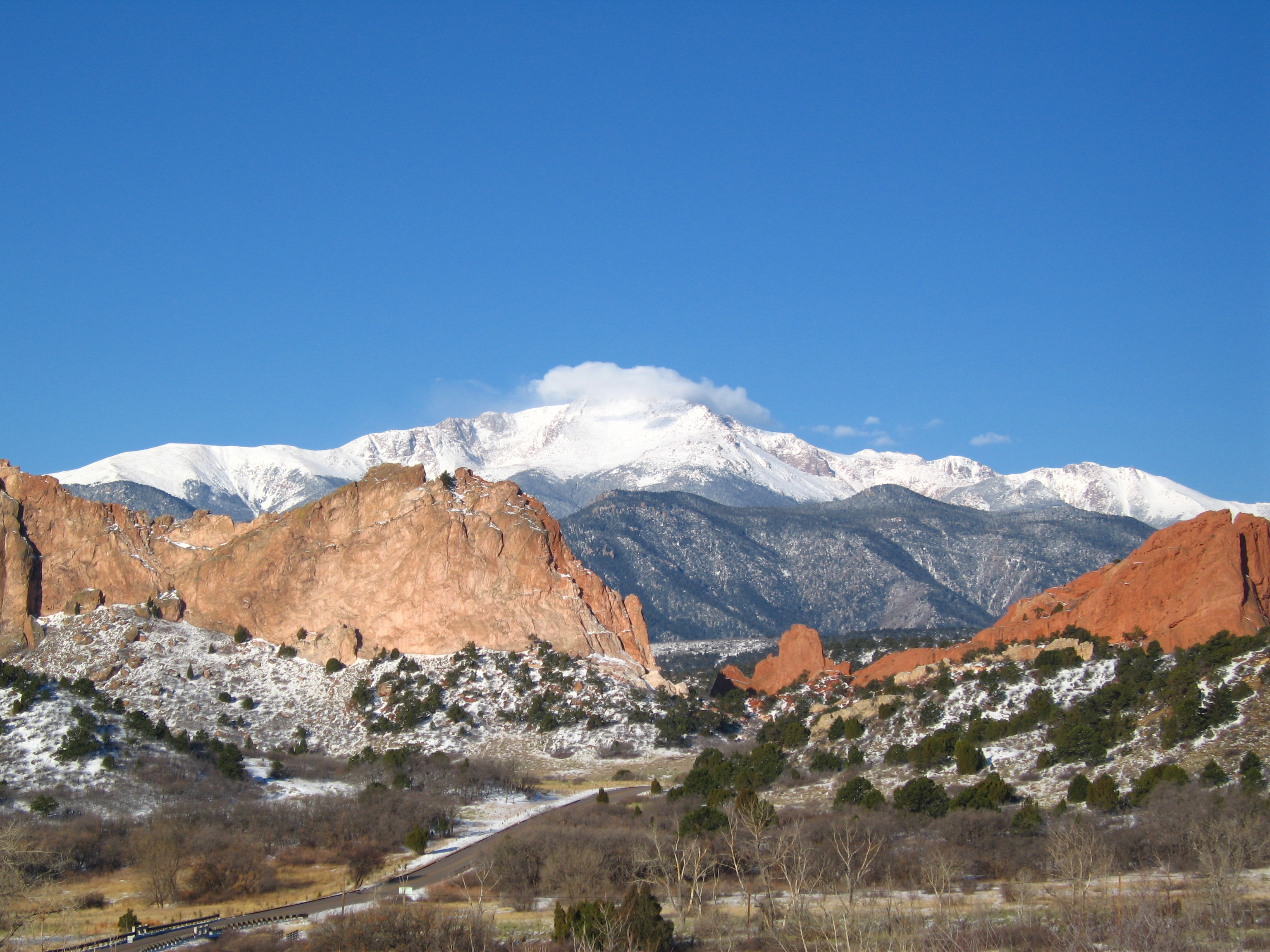
(Pikes Peak in Colorado was the inspiration for the song America the Beautiful.)
According to the Miriam Webster online dictionary, a patriot is a person who loves and strongly supports or fights for his or her country. That means I’m a patriot.
I love my country, particularly its courageous survivors:
*the rolling hills and mountains not yet sheared off by mining companies, still there to be climbed with joy,
*the gracious ancient forests not yet cut down for logging or building, still there yielding shade and replenishing our air,
*the enticing hills and valleys, not yet torn apart through fracking, still home to countless flora and fauna to elate our eyes and ears,
*the lakes and rivers not yet polluted by ruthless despoilers, still gifting us with the foundation of life.
I strongly support my country, particularly
*our basic Constitutional structure, with its balance of powers, and basic rights and assurances–which include freedom of assembly, freedom of the press, and freedom of religion but not a right to carry automatic weapons and multiple rounds of ammunition into schools and other public places,
*today’s Constitution, which, unlike its earliest version, recognizes that people of color and women are people too, but says nothing, I would argue, about corporations being people with human rights,
*the millions of my compatriots who speak out against the destruction of our environment and the corruption of our Constitution by a tiny power elite that can elect and buy many (but not all) politicians.
I fight for my country. I do that by
*speaking out against the warmongers, war profiteers, and destroyers of social justice
*contributing to many of the groups that fight to rescue what is left of our natural environment
*writing this blog.
Please join me in this form of patriotism.
Kathie Malley-Morrison, Professor of Psychology


